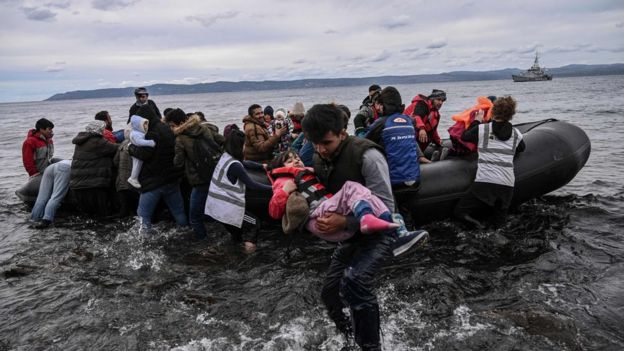A sad, sad story
Where the Light Fell by Philip Yancey

This is a very personal and a very honest autobiographical book, covering primarily the author’s childhood and youth. Growing up in a very conservative Christian environment, which causes him much emotional anguish, Yancey develops into an intelligent and gifted writer. His many successful books and fame as an inspiring Christian apologist prove he has largely overcome the wounds and fallacies of his upbringing.
Young years
After an intensely prayed-for miracle that never materialised, Philip’s father died tragically from polio, while Philip was still a baby. The resulting hardship permanently coloured his mother’s life, as well as her high expectations of her sons. Although desperately poor, she gains a reputation as a saintly and dedicated Bible teacher. This jars with the harsh way she disciplines her sons and her extremely narrow-minded theological views.
We discover blind obsessions that prevail in many hardline Calvinistic churches, especially in the southern United States. An example, which Yancey struggles for many years to shake off, is the blatant racism he is brought up to believe and practise. This is justified by the so-called “Curse of Ham”, which would condemn all black people to a life of deprivation and servitude.
Bible college
After the upright and devoted obedience of his school years, Philip begins to compromise his faith during his time at Bible college. He breaks curfew, reads forbidden books and magazines, and deliberately stumps his professors with controversial theological questions. He soon takes advantage of his supposedly evangelistic outreach at a nearby university by watching secular TV and exposing himself to contemporary music. His courtship with Janet – sadly, we don’t hear much about their subsequent marriage – is another borderline case of contravening the strict rules.
Later life
A mysterious but very real encounter with Jesus transformed Yancey’s life from one of superficial Christian conformity to that of a true child of God. Gradually, everything changed. He experienced inner healing, a new perspective on life, and a new motivation to love God and others.
The second part of the book is dominated by having to face his older brother Marshall’s terrifying mental illness and nearly fatal stroke. These medical emergencies raise the ominous question whether their mother indeed carried out her vow to pray that God would break him, as a punishment for choosing to attend the ‘liberal’ Wheaton College.
Conclusion
Although Philip Yancey is a man of grace, he finds very little positive to say about his mother’s methods of rearing him and his brother Marshall. He has scathing criticism for his mother’s church, Maranatha Tabernacle in Philadelphia and the churches they attend, such as Colonial Hills Baptist Church in Georgia and Faith Baptist Church in Atlanta, where the family lives in a trailer for many years. He is shocked by the hypocrisy he experiences at the Bible College both brothers attend in South Carolina. And he exposes the double standards of the so-called Victorious Christian Life movement.
The book is very well written and ends with Yancey’s not always successful attempts at seeking reconciliation with people he feels he wronged. He makes a special effort to encourage his aged mother to admit her faults – without much success. As a result, the book is indeed a sad, sad story.

